There’s something magical about singing—a moment when your voice becomes more than just sound, expressing what words alone cannot. Yet, every singer, whether on stage or in the shower, knows the frustration of missed notes or a tired throat. If you’ve ever wished your voice could soar higher, sound richer, or simply feel more confident, you’re not alone. The journey to becoming a better vocalist is deeply personal.

It is filled with both challenges and small victories. No matter where you start, your voice has untapped potential waiting to be discovered. Let’s begin that journey together.
10 Great Techniques to Be a Better Vocalist
1. Build a Solid Foundation: Warm-Ups and Vocal Health
Warming up your voice is non-negotiable for any serious vocalist. Simple exercises like humming, lip trills, and gentle scales prepare your vocal cords. They help with more demanding singing, reduce the risk of strain, and improve tone and flexibility. Begin every practice session with at least five to ten minutes of warm-ups. Humming is particularly effective because it gently engages the vocal folds and relieves tension, making it a great on-the-go exercise.

Hydration is equally critical. Stay well-hydrated by drinking water before you sing, while you’re singing, and afterward. Steer clear of drinks like coffee and alcohol since they can dry out your vocal cords and negatively affect how you sing.
2. Master Your Breathing Technique

Proper breath control is the engine behind powerful, sustained, and expressive singing. Most professional vocalists use diaphragmatic breathing, allowing greater control and stamina. To practice:
- Place a hand on your diaphragm (just below your ribcage).
- Inhale deeply through your nose, expanding your abdomen outward.
- Exhale slowly while singing or humming a note, aiming to lengthen your exhale each time.
Consistent breath support helps you avoid running out of air mid-phrase and enables you to easily sing longer more challenging passages.
3. Practice Daily—But Practice Smart
Like any muscle, your voice grows stronger with regular use. Aim for at least 10–30 minutes of focused practice each day.

Don’t go for sporadic, lengthy sessions. Structure your routine to include the following:
- Warm-ups
- Breathing exercises
- Pitch and ear training
- Song practice within your current range
- Cool-downs (gentle humming or sirens)
Recording yourself can be invaluable. Listening back helps identify strengths and areas for improvement.
4. Refine Pitch Control and Ear Training
Being able to sing in tune is fundamental. Use digital tuners, piano apps, or backing tracks to practice matching pitch and intervals. Training your ear to recognize subtle differences in notes will help you stay on pitch and blend better with other musicians.
5. Find Your Comfortable Vocal Range and Choose the Right Songs
Attempting songs outside your natural range can lead to strain and frustration. Instead, identify your comfortable vocal range and select songs that fit within it. As your technique improves, your range will naturally expand. This approach builds confidence and prevents vocal fatigue.
6. Perfect Your Singing Posture

The correct posture will support healthy breath flow and vocal projection. Position your feet so they are aligned with your shoulders, keep your shoulders loose, and maintain an upright posture. Avoid slouching or tensing your neck and jaw, as this can restrict airflow and affect tone.
7. Develop Resonance and Projection
Resonance refers to the richness and fullness of your sound. You can get a richer sound by raising your soft palate, which is the soft area at the back of the roof of your mouth. Try singing with lively facial muscles. Lift your cheeks and eyebrows, and keep your jaw loose and open. This helps your voice sound fuller and more resonant.
Projection, or singing loudly without strain, comes from proper breath support and resonance. So, don’t push your voice. Focus on singing “through” the notes rather than “at” them.
8. Embrace Dynamic Control and Expression

Great singers know how to vary their volume, tone, and emotion. Practice singing phrases softly and loudly, experimenting with different dynamics to add interest and depth to your performance. Don’t be afraid to inject your personality and emotion into your singing—this is what connects with listeners.
9. Maintain Vocal Health
Treat your voice with care. Avoid yelling or whispering excessively, both of which can strain your vocal cords. If your throat feels sore, rest your voice and stay hydrated. A balanced diet rich in fruits, vegetables, and lean proteins also supports vocal health.
10. Seek Feedback and Professional Guidance
While self-study is valuable, working with a vocal coach can accelerate your progress. Coaches provide personalized feedback, correct bad habits, and introduce advanced techniques tailored to your goals. If lessons aren’t accessible, seek feedback from knowledgeable friends or online communities.
Conclusion
Becoming a better vocalist is a blend of science, discipline, and artistry. Focus on daily practice, healthy technique, and mindful self-assessment. Embrace feedback, stay patient, and enjoy the journey. Your unique voice is worth developing. With commitment and the right habits, anyone can become a more skilled, expressive, and confident singer.
Frequently Asked Questions (FAQ)
Q: How long does it take to become a better singer?
The time it takes to improve depends on your starting point and how often you practice. Most people see noticeable progress within a few weeks to a few months of regular, focused practice. Consistency and patience are key to steady improvement.
Q: Can I get better at singing without taking lessons?
Yes, you can improve your singing on your own by practicing regularly. You can use using online tutorials or videos. Listening closely to your own voice and correcting mistakes helps a lot. However, a teacher can give you personal feedback and help you progress faster.
Q: What are the best vocal exercises for beginners?
Beginners should start with humming, lip trills, and simple scale exercises to warm up the voice. Breathing exercises are also important for better control and support. These basics help build a strong foundation for more advanced singing.
Q: How can I increase my vocal range?
To expand the vocal range, practice singing scales that gently stretch just above and below your current limits. Always sing comfortably and avoid straining your voice. With time and regular practice, your range will gradually increase.














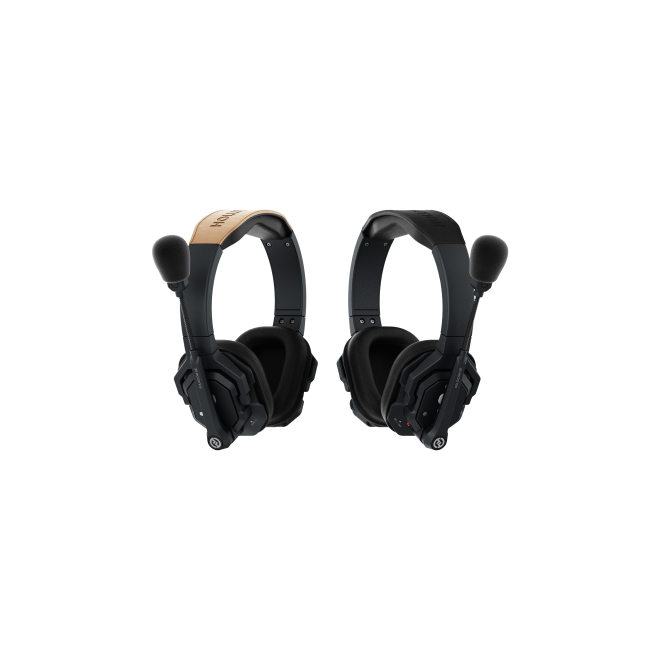


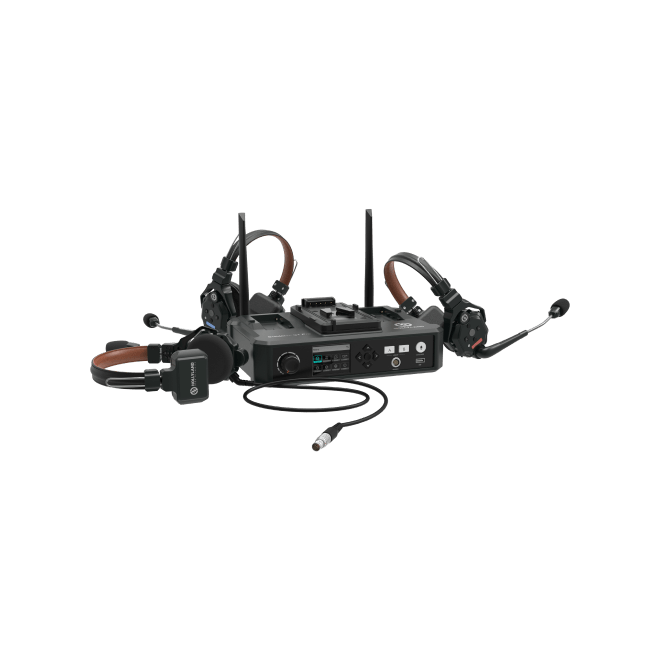
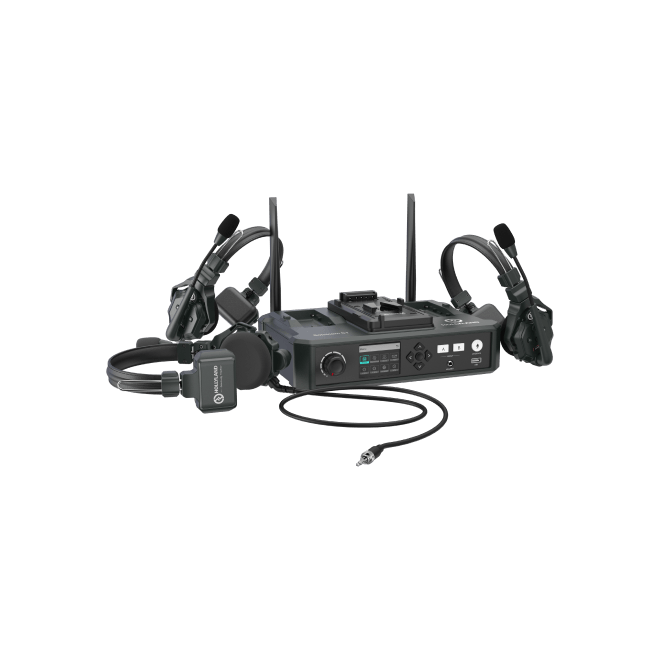

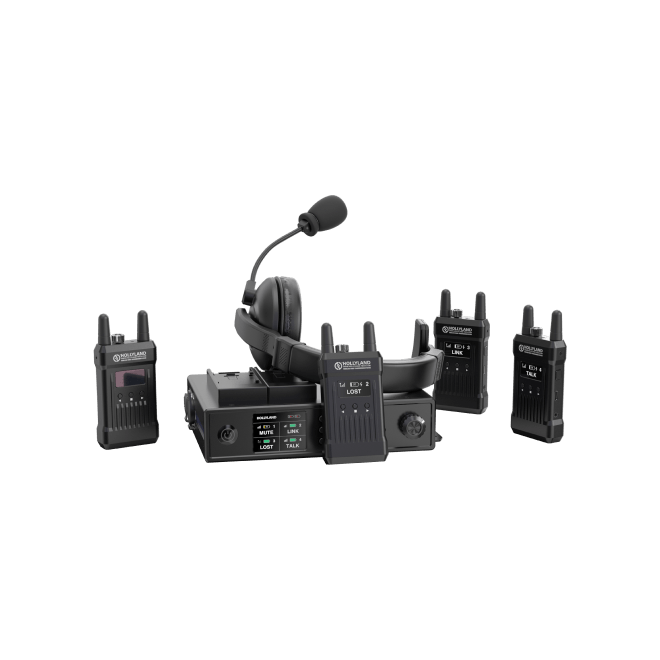
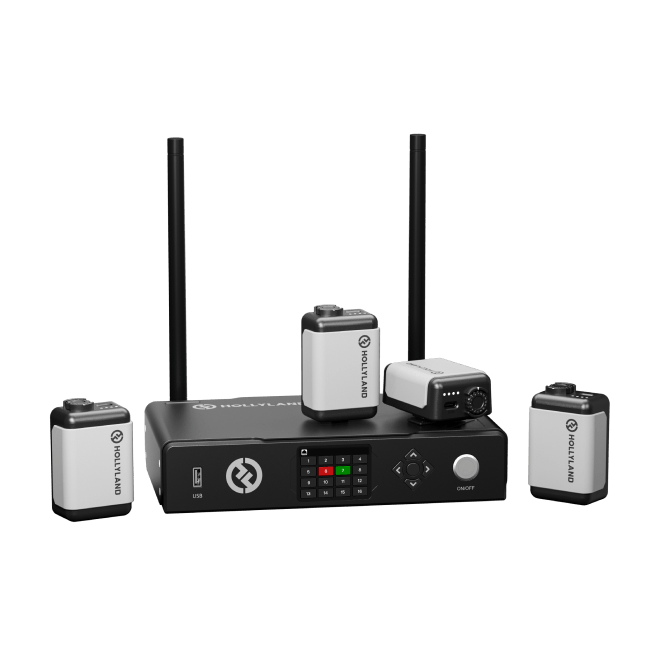



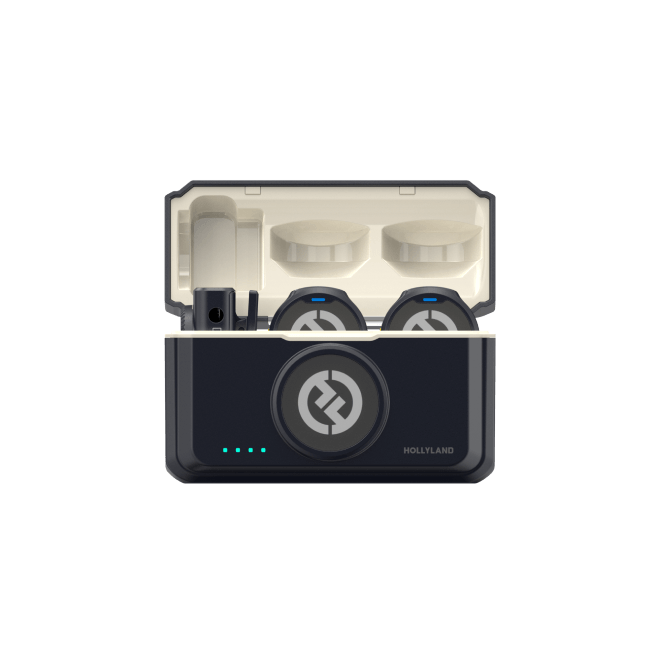






.png)



